
A Living Systems Mindset
An organisation consists of people, interacting with each other and the environment in which they operate. This is a living system, people are alive and so is much of the world in which they live.

An organisation consists of people, interacting with each other and the environment in which they operate. This is a living system, people are alive and so is much of the world in which they live.

The North Atlantic Gannet is a seabird that mates for life. Each season they have one egg, one chick. The chick takes 4-5 years to reach maturity. It’s a zero defect policy. The energy involved

The perspective someone uses when viewing the pandemic has a major influence on what they are prepared to act on, and how they will act.
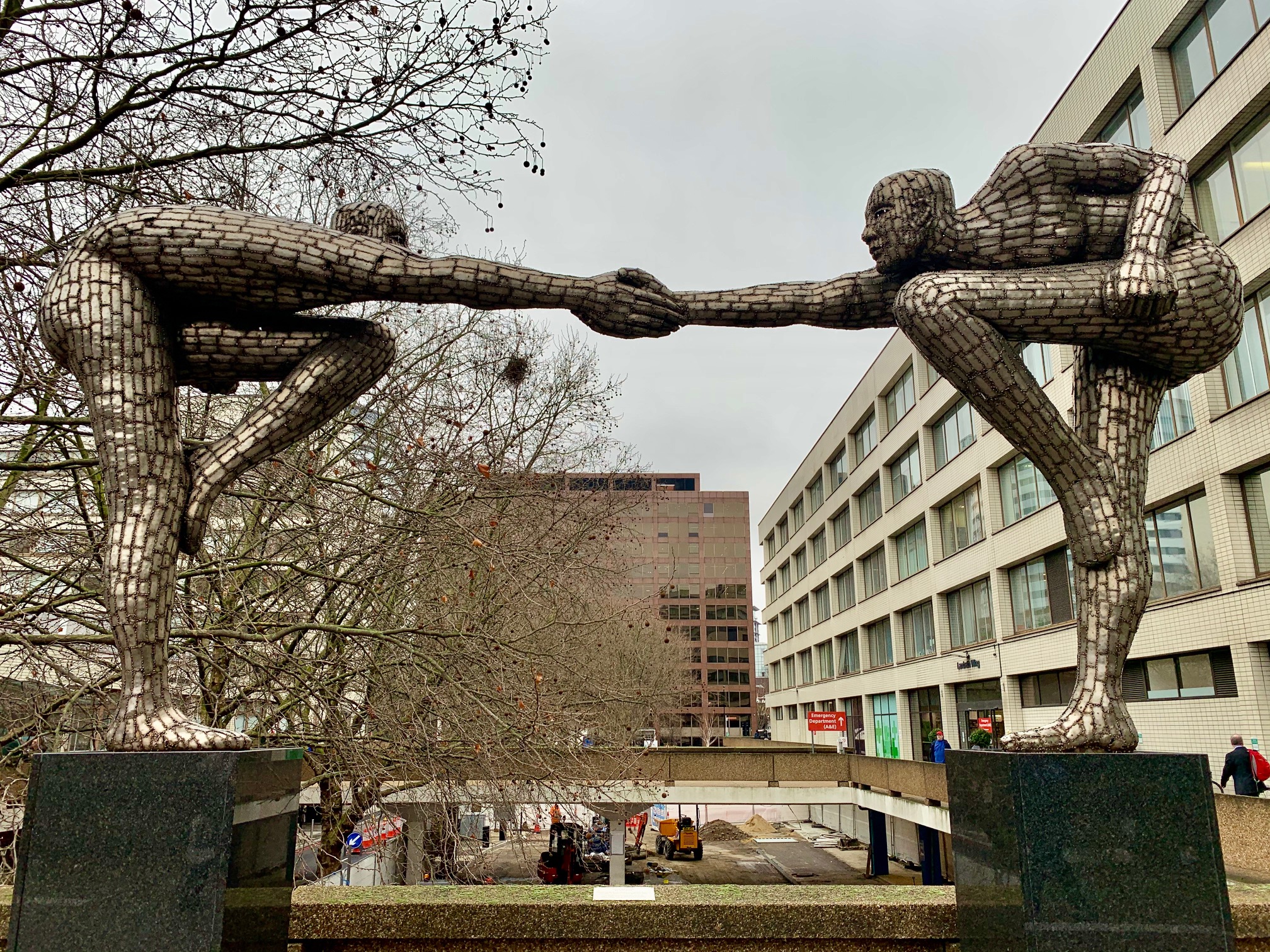
The real work is not in describing either the current world or a new one. It is in accompanying those who are trying to change in this current one. This is the second horizon or
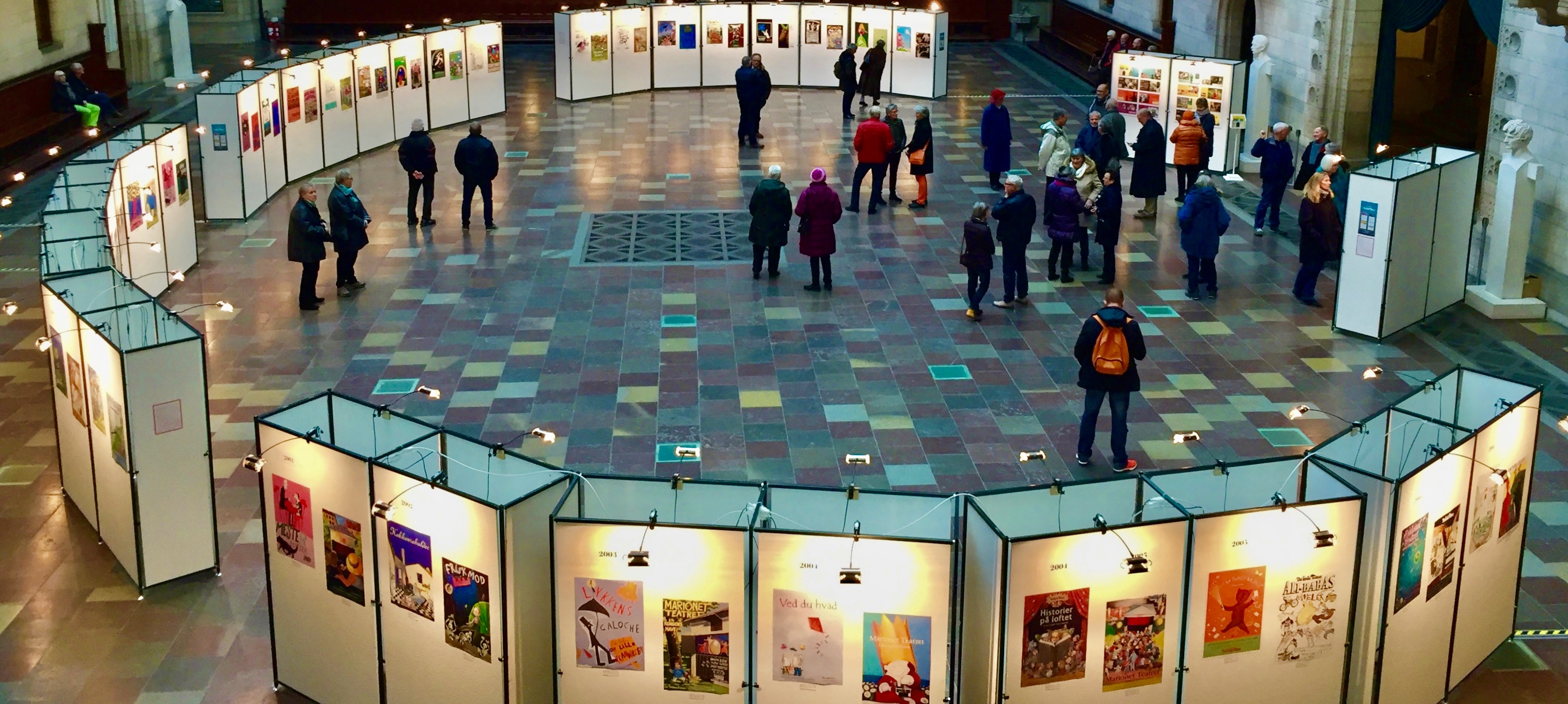
It isn’t that reports, policies, pilots and outcomes are bad things. It is that systems change doesn’t occur by focusing on these things in isolation.

At its best, systems leadership seems to exhibit an almost magical sense of the possible. Where people are locked in apparently intractable complexity, systems leadership seems to open up a new way through the mess.
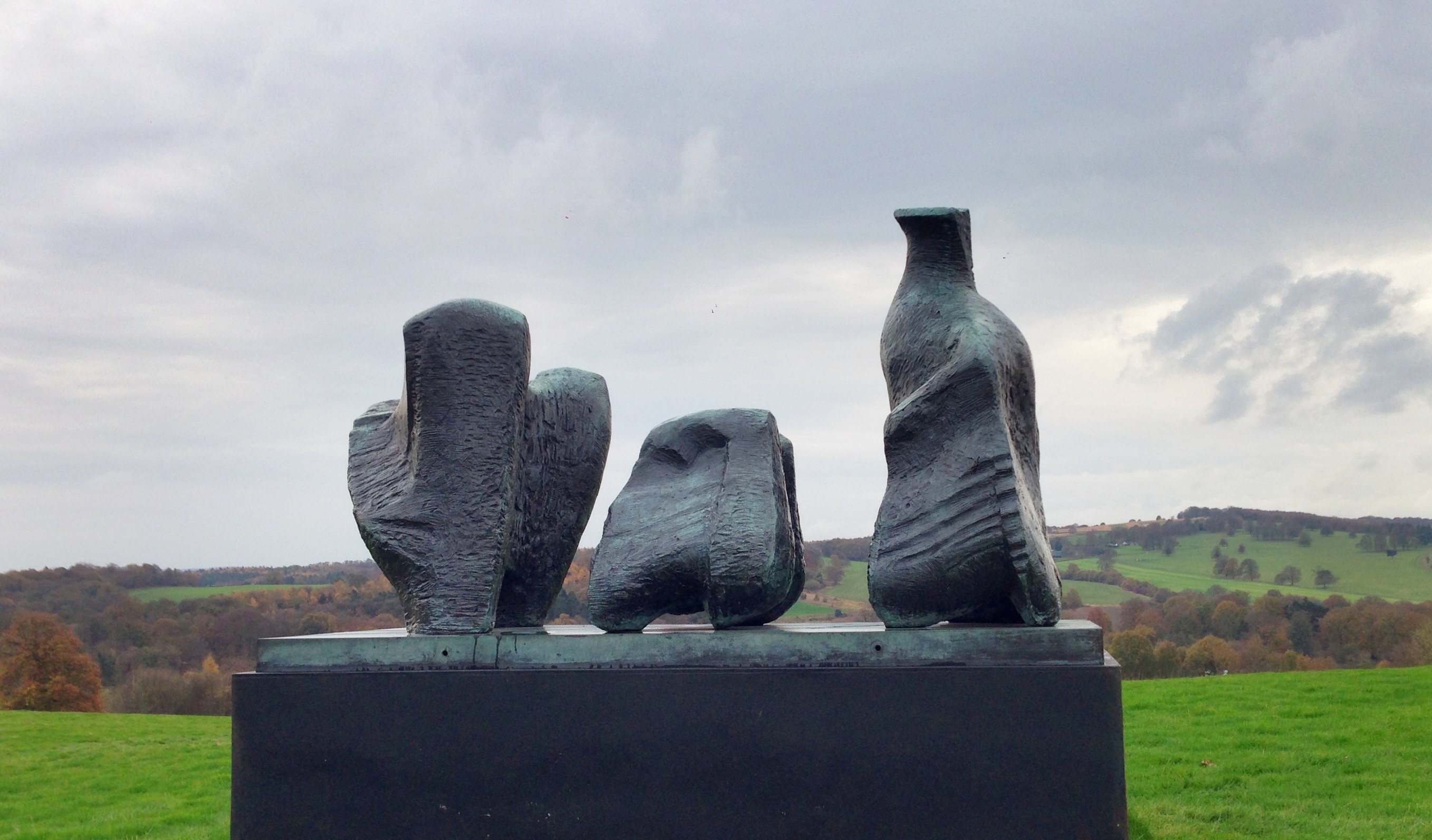
Systems leadership has come to mean working beyond organisational boundaries to address issues of mutual concern. This raises questions that challenge many assumptions about how to address issues that are of interest beyond the individual.

Fritjof has been one of the key influencers in encouraging a shift from a Cartesian view of the world that separates things into their constituent parts and a more holistic way of considering things.

By John Atkinson. Living systems act to preserve their identity. If you perturb them they try to remove the source of perturbation. In short, if you try to change them, they try to kill the

Whenever you try to reduce a complex dilemma to a binary issue you are wrong. The ‘Leave’ or ‘Remain’ question asked of the British people this week was therefore always incomplete. Politics in its most

From John Atkinson. I get repeatedly asked about the difference between working with the ecosystem (or human system) and working with formal organisations. For me this is largely a perceptual difference and yet perception is
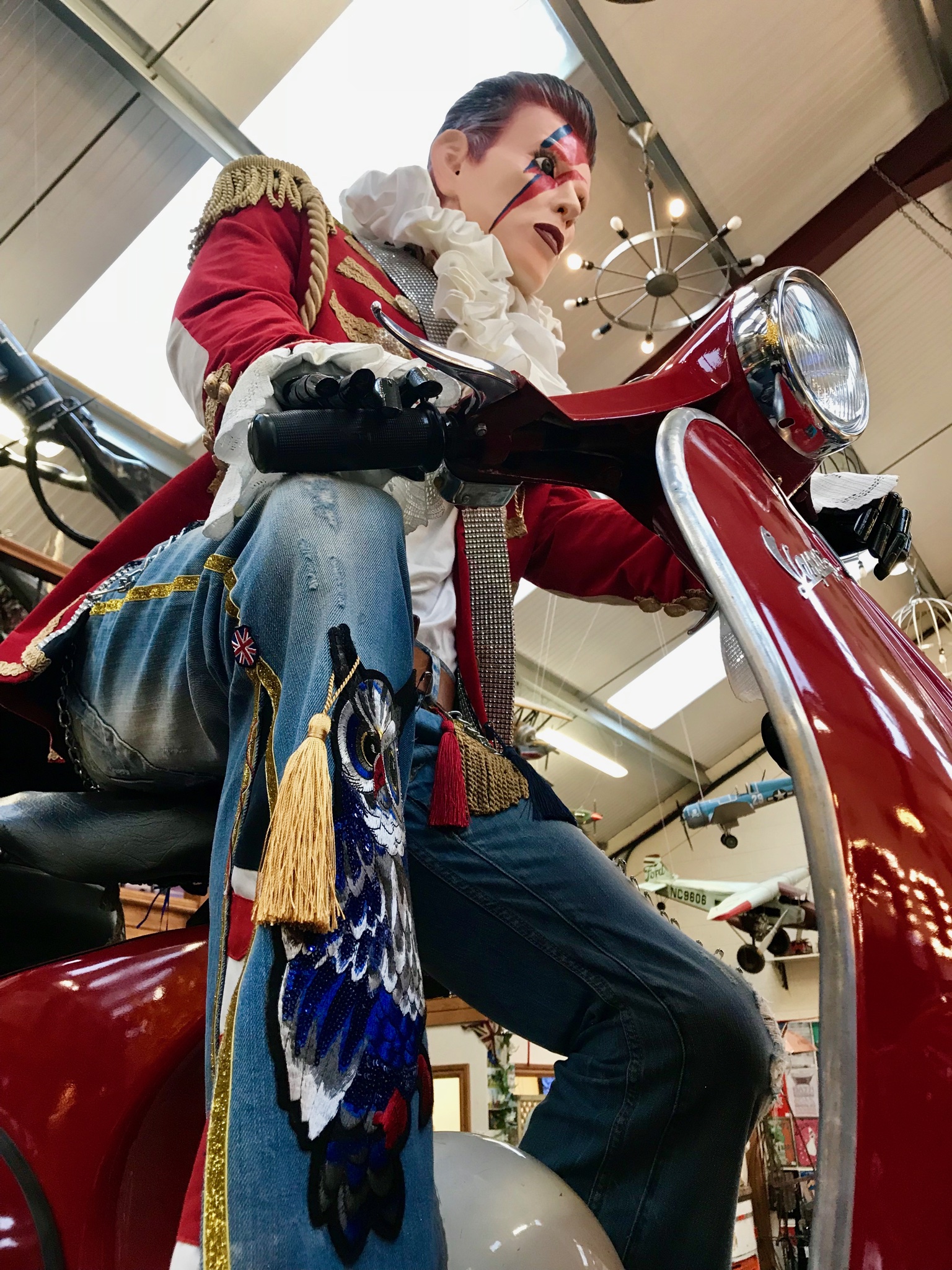
Does how you respond get conditioned by who asks the question? In what circumstances? In what environment? Do you always answer exactly the same or do you change it? Understanding and forming identity is a
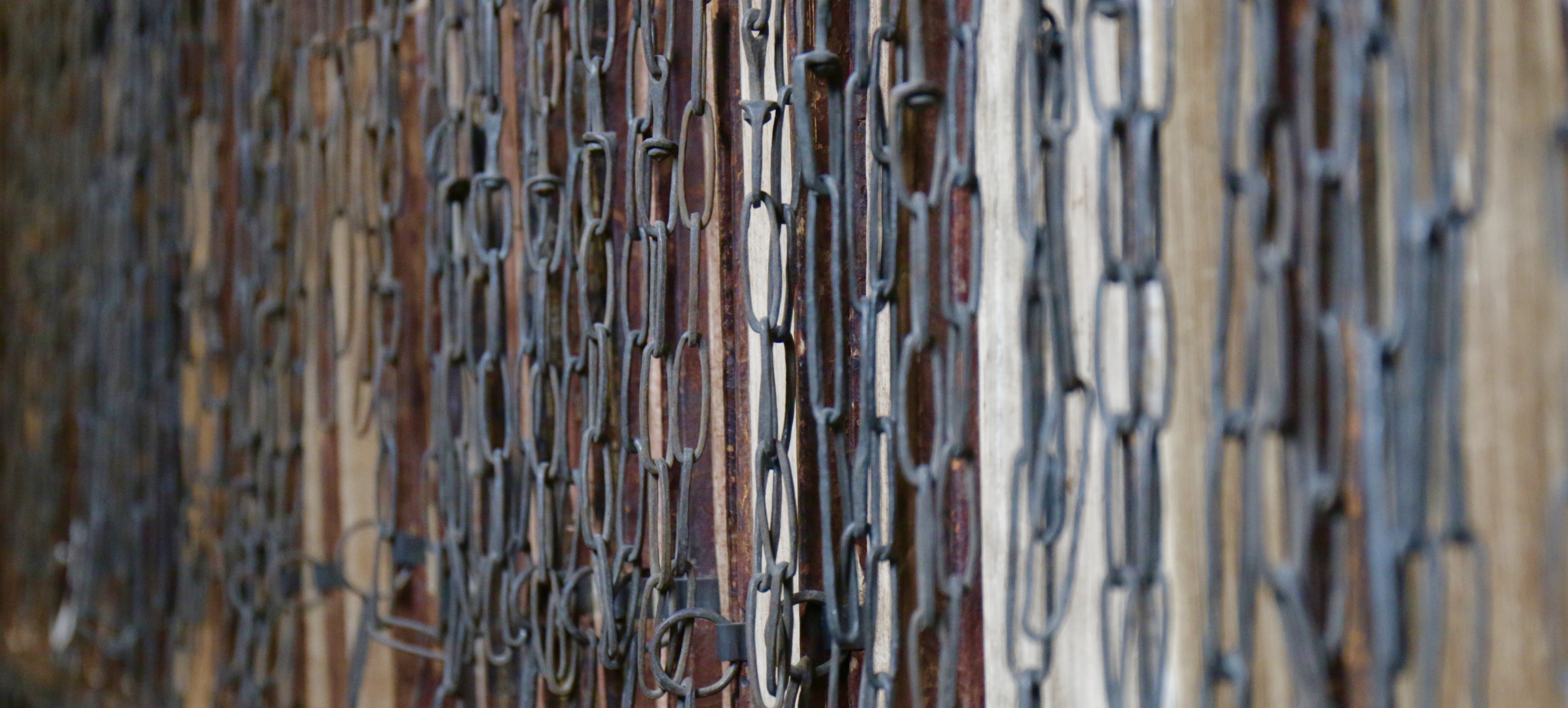
By John Atkinson. If we genuinely believe the world to be a complex place, we need to consciously embrace that complexity, not suppress it. Once we do this, we realise we cannot resolve our activity

Here are some sound pieces of advice: the more you know about a system, the better you are at predicting its behavior. If you want a large outcome, then put a large amount of effort

From John Atkinson. Cause and effect analysis is quite hard. The connection between our actions and their impact can sometimes be quite obscure. Events will be explained away according to the version of history that